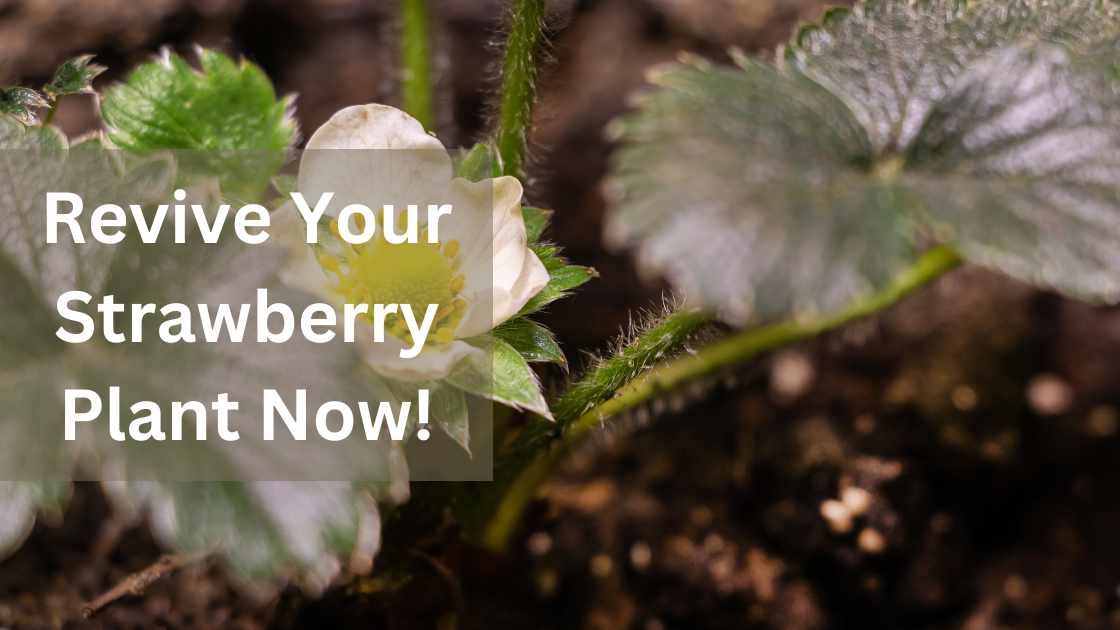Mosquitoes are more than just a nuisance; they are carriers of diseases such as malaria, dengue fever, and Zika virus. Effective mosquito control is essential for health and comfort. Understanding how pest control professionals tackle mosquito problems can help you make informed decisions about managing these pests.
Here’s an in-depth look at how pest control experts get rid of mosquitoes.
Assessment and Inspection
The first step in any effective mosquito control program is a thorough inspection. Pest control professionals assess the property to identify mosquito breeding sites and areas where mosquitoes are likely to rest. Common breeding sites include standing water in containers, ponds, and clogged gutters. Resting sites are often shaded areas with dense vegetation.
Eliminating Breeding Sites
Mosquitoes lay their eggs in standing water, so one of the most critical aspects of mosquito control is reducing or eliminating these breeding sites. Pest control experts will:
Remove Standing Water: This involves draining or treating water in containers like buckets, birdbaths, and flower pots. For larger bodies of water, such as ponds, they may use specialized treatments.
Clean Gutters: Ensuring gutters are free of debris and properly flowing helps prevent water accumulation.
Manage Landscaping: Trimming overgrown vegetation and ensuring proper drainage can reduce shaded resting sites for mosquitoes.
Biological Control Methods
Biological control methods involve using natural predators or biological agents to control mosquito populations. These methods include:
Introducing Predators: Fish such as Gambusia (mosquito fish) or certain species of dragonflies and bats can help control mosquito larvae and adults.
Bacterial Insecticides: Products containing Bacillus thuringiensis israelensis (BTI) target mosquito larvae and are safe for humans, pets, and wildlife. BTI disrupts the digestive system of larvae, leading to their death.
Chemical Control Methods
Chemical treatments are often used to manage adult mosquito populations and larvae in areas where biological control is not practical. These include:
Larvicides: These chemicals target mosquito larvae in standing water. They come in various forms, including granules, tablets, and sprays.
Adulticides: Adulticides are used to kill adult mosquitoes. They are typically applied using fogging machines or sprays. These chemicals can be synthetic or natural, such as pyrethroids or essential oils.
Integrated Pest Management (IPM)
Integrated Pest Management is a holistic approach combining multiple strategies to control mosquito populations. It involves:
Monitoring: Regular inspections to assess mosquito activity and effectiveness of control measures.
Prevention: Implementing long-term strategies to prevent mosquito breeding and resting.
Control: Using a combination of biological, chemical, and physical methods to manage mosquito populations.
Public Education and Community Involvement
Effective mosquito control often requires community involvement. Pest control companies may provide education on:
Personal Protection: Encouraging the use of mosquito repellents, wearing long sleeves, and using mosquito nets.
Community Efforts: Organizing neighborhood clean-ups and awareness campaigns to reduce breeding sites.
Ongoing Maintenance and Monitoring
Mosquito control is not a one-time fix. Regular maintenance and monitoring are crucial for long-term effectiveness. Pest control professionals will:
Conduct Follow-up Inspections: Check for new breeding sites and assess the impact of treatments.
Adjust Strategies: Modify treatment plans based on seasonal changes and mosquito activity.
FAQs
How can I prevent mosquitoes from breeding in my yard?
To prevent mosquitoes from breeding in your yard, regularly eliminate standing water in containers, gutters, and other potential breeding sites. Ensure birdbaths, flower pots, and pet dishes are emptied and cleaned frequently. Additionally, consider adding mosquito larvicides to larger bodies of water like ponds, and keep your yard well-maintained by trimming overgrown vegetation.
What are the most effective methods for killing adult mosquitoes?
Effective methods for killing adult mosquitoes include using adulticides, which can be applied through fogging machines or sprays. These chemicals target adult mosquitoes and reduce their population. Additionally, utilizing mosquito traps and employing natural repellents, like essential oils, can help manage mosquito numbers around your home.
Are mosquito control treatments safe for pets and children?
Most modern mosquito control treatments, especially those using biological agents like Bacillus thuringiensis israelensis (BTI) or essential oils, are generally safe for pets and children. However, it’s important to follow the manufacturer’s guidelines and safety precautions. For chemical treatments, ensure that the area is properly ventilated and that children and pets avoid treated areas until it is safe to return.
Conclusion
Pest control professionals use a combination of strategies to effectively manage mosquito populations. By identifying and eliminating breeding sites, using biological and chemical control methods, and incorporating an Integrated Pest Management approach, they can significantly reduce mosquito numbers. Public education and community involvement also play a crucial role in achieving long-term mosquito control.




